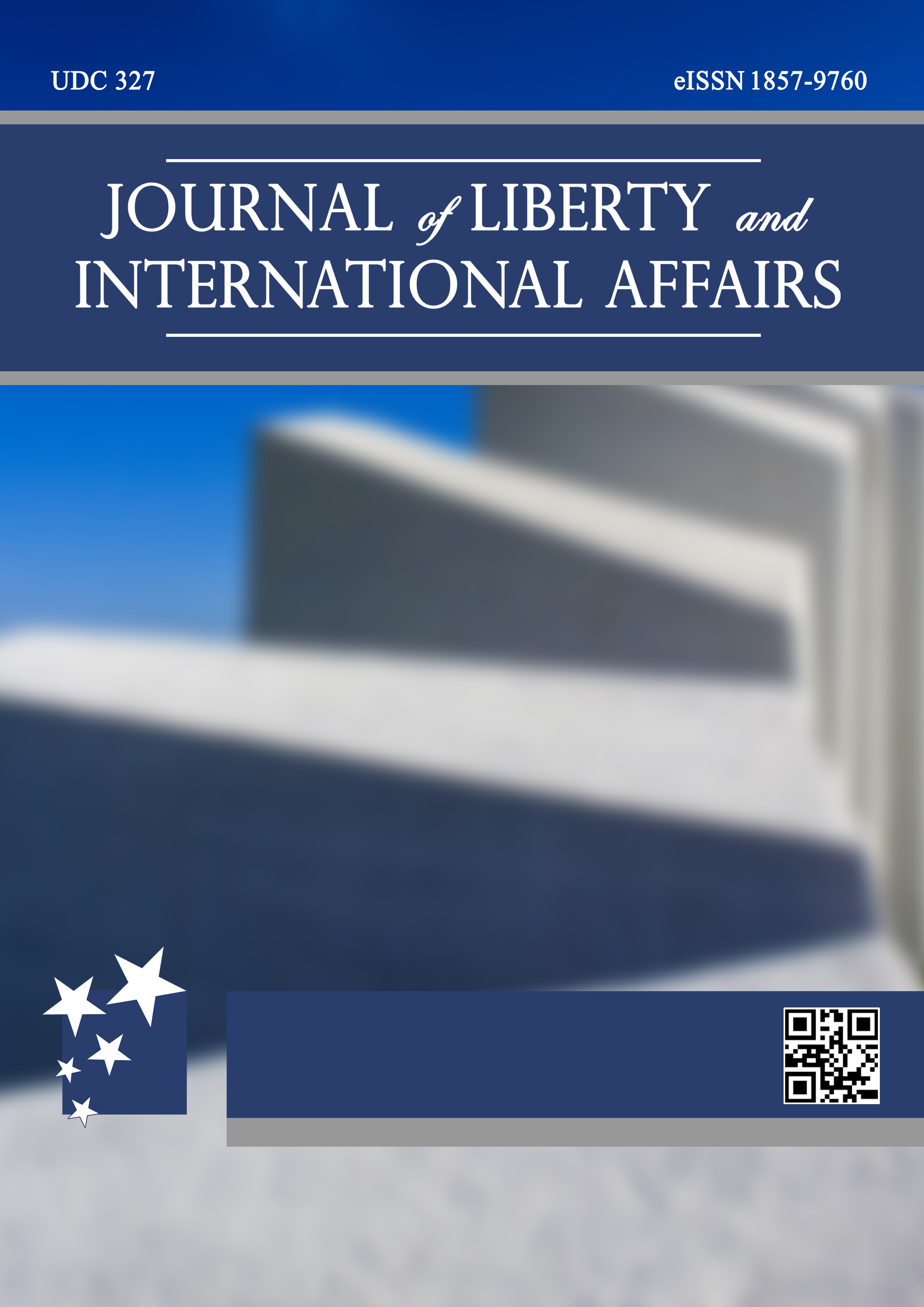SUBMARINE TAILING DISPOSAL SYSTEM: INDONESIA’S POLICY AND FUTURE CHALLENGES
SUBMARINE TAILING DISPOSAL SYSTEM: INDONESIA’S POLICY AND FUTURE CHALLENGES
Author(s): Erlies Septiana NurbaniSubject(s): Law, Constitution, Jurisprudence, Constitutional Law, International Law, Law on Economics, Maritime Law, Commercial Law
Published by: Institute for Research and European Studies - Bitola
Keywords: Submarine Tailing Disposal; Legal Vacuum; Indonesia’s Practice; Land Based Source; Marine Pollution
Summary/Abstract: This research departs from Indonesia’s policy and practice on the submarine tailings disposal system, in which there is a legal vacuum in Indonesia legal system. However, Indonesia is part of UNCLOS 1982, which obliged to conform their rules with the regulation in the convention, especially on the protection of the marine environment. This research aims are to examine the current Indonesia’s policy and compare it with American and Canadian policies. To visualize the above objective, this research applies normative-empiric legal research, which emphasizes its analysis of primary and secondary legal materials. All collected legal materials are classified, categorized, analyzed and constructed as well as developed through analytical prescriptive elaboration. The utilization of the marine area as a medium of submarine tailing disposal system could be categorized as a land-based source of marine pollution. As one of the biggest archipelago states in the world, Indonesia should have a strict regulation on submarine tailings disposal to prevent the past failure of the system in Buyat Bay, North Sulawesi.
Journal: Journal of Liberty and International Affairs
- Issue Year: V/2020
- Issue No: 03
- Page Range: 83-95
- Page Count: 13
- Language: English

